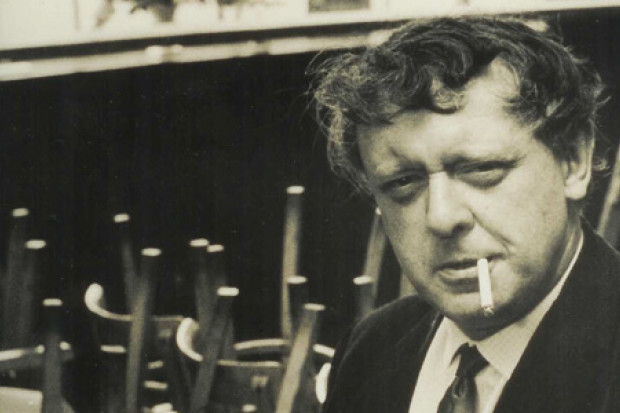
Songs About People
Laurie Anderson
Triskel Christchurch, Cork
25 June 2011
A minimal, red-draped stage holds a microphone, violin, diverse electronics and a vintage armchair (barely used). Spoken word and songs are interspersed with electronically processed violin playing. A rumbling wash of industrial ambience with murky organ or electric piano chords make an oneiric sonic backdrop for Laurie Anderson’s every clipped consonant, pregnant pause and arched cadence.
It was fitting that Anderson should perform on the former altar of a renovated eighteenth-century church – her idiosyncratic blend of insight, moral fable and dry irony come across like a kind of art sermon, delivered by a high priestess. But Anderson’s themes are very much mortal and of this world; more cultural anthropology than spiritual guidance.
Anderson describes staying with an Amish family and observes the slow burn of conjugal resentment and emotional manipulation, or with a Mexican Indian tribe who think her ugly but believe that her contact lenses are jewels. A spell working at McDonald’s reveals the subtle psychological and political power networks at play as she takes her counter work more seriously than we, or she, might have expected. The musician treads lightly over the implications of the middle-class artist slumming it for material.
During a holiday away from Manhattan, Anderson’s dog Lolabelle’s sudden awareness of the potential threat of vultures from above mirrors New Yorkers’ fears post-9/11, but she doesn’t play her more eerie and prescient ‘O Superman’ from 1981 (‘Here come the planes,’ she sings). Pieces like this lack the drama and double-edged threat of some of her best work by spelling out their themes for us, but her violin interludes, with their reactive layered electronics, provide a powerful counterpoint.
Published on 13 July 2011















